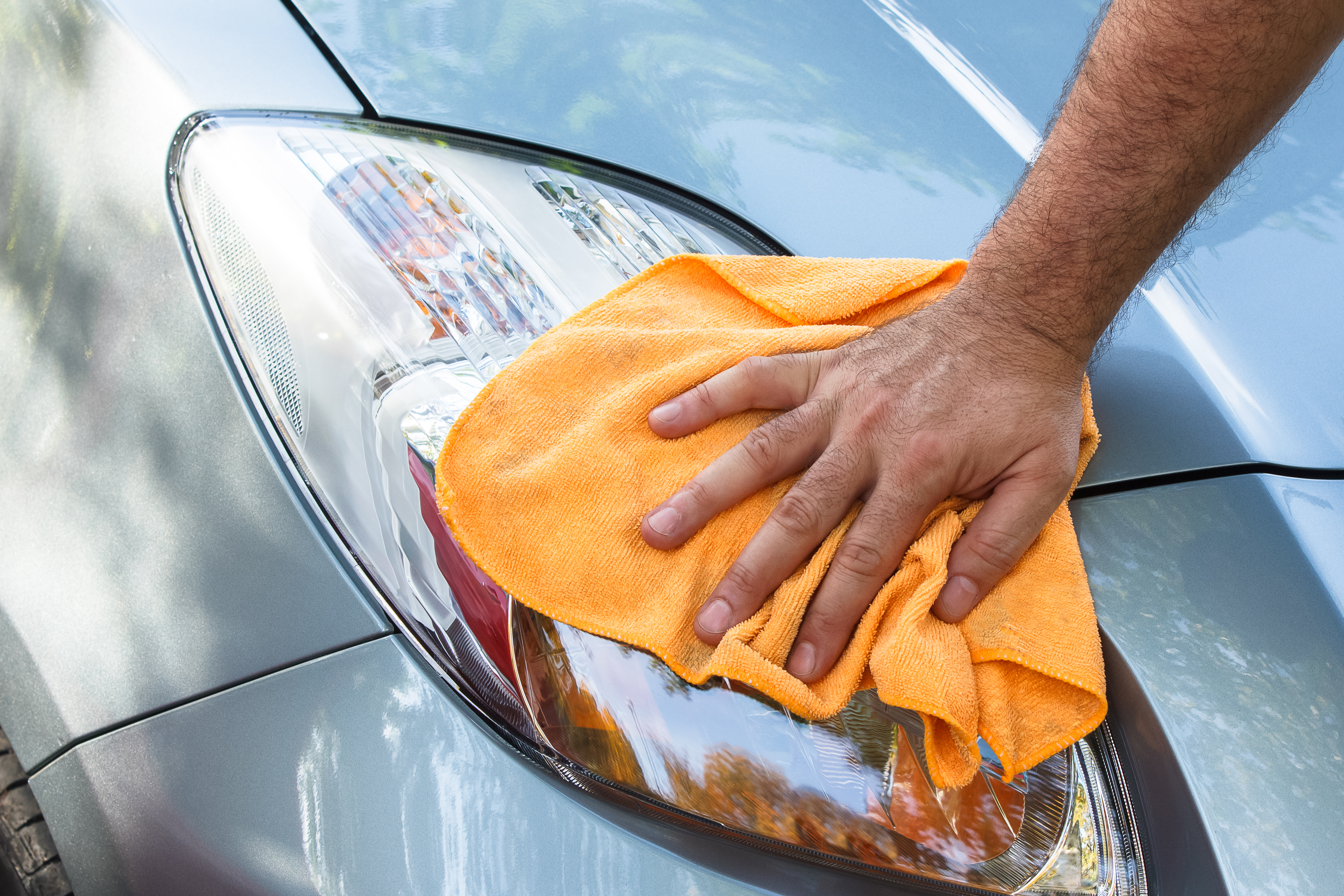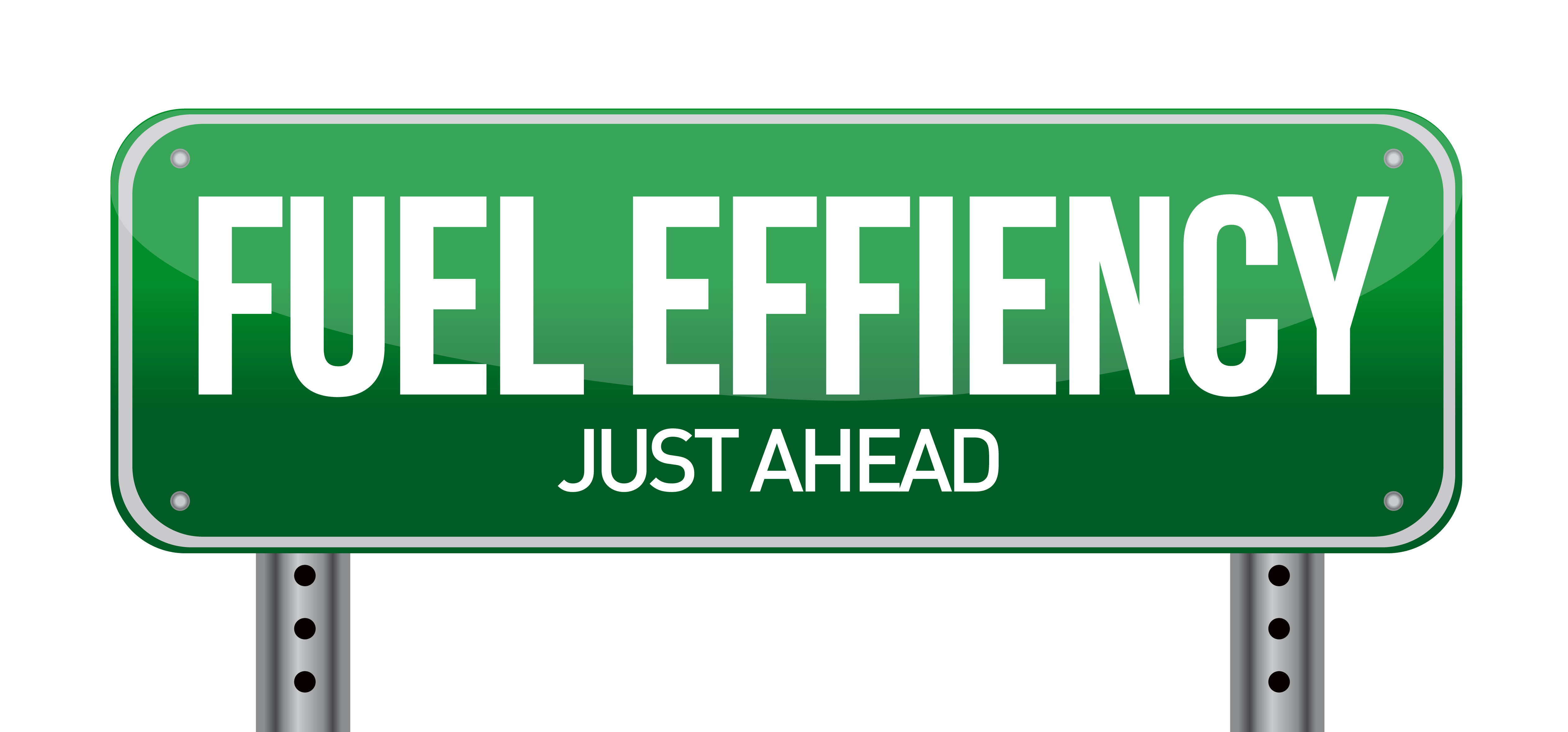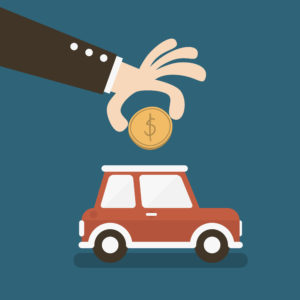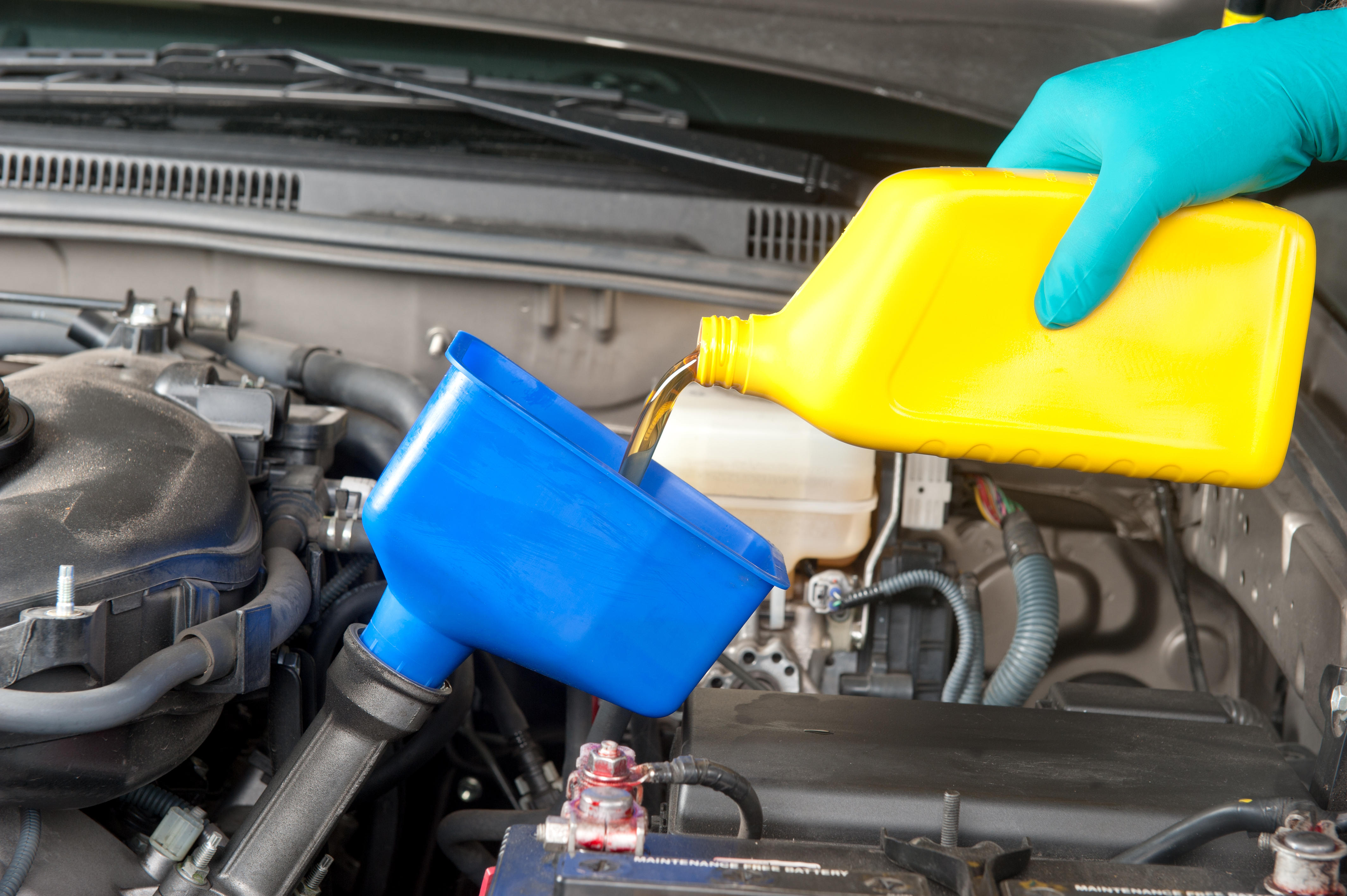Does Debt Settlement Include Mortgages & Car Loans
Debt Settlement Limitations
Debt settlement is a method by which you can reduce your unsecured debt load. Unsecured creditors, such as collection agencies and credit card companies, have an incentive to offer you a settlement since, if you refuse to pay, the company often gets nothing.
Your car loan and mortgage are secured debts, and your lender has the right to reclaim the asset if you stop making payments on the loan. Because the lender has a viable method for collecting the debt, it has no incentive to negotiate a settlement with you.
Settling Deficiencies
After a vehicle or mortgage lender seizes its collateral, it sells the asset and applies the proceeds to the outstanding debt you owe. If you owed more than your lender recovered, the difference between the asset’s value and the remaining debt is a deficiency you remain responsible for paying.
Unlike the loans themselves, loan deficiencies are no longer secured. The lender already seized its collateral. Thus, any loan deficiencies you owe are unsecured debts. You can include unsecured loan deficiencies in a debt settlement program.
Negotiating With Lenders
While you cannot settle your mortgage or car loan, your lender may work with you to temporarily reduce or eliminate your repayment obligations during times of intense financial strain. Contrary to what you might believe, your lender does not want to seize its collateral. Repossessing a car and foreclosing on a home are both expensive and time-consuming.
Not all lenders will negotiate with you, but if your lender is willing, consider asking for a temporary reduction in your interest rate or ask your lender to waive any late fees you previously incurred. Some loan contracts also allow borrowers to skip a payment on their vehicle loan or mortgage — postponing the payment to the end of the loan term.
Settlement Alternatives
If settling your unsecured debts and temporarily lowering your payments to secured creditors is not enough to make your debt load more manageable, you can reduce your monthly liability for the asset by selling it. If you sell your home or car, you must recover enough money from the sale to pay off your existing loan.
If you have decent credit, refinancing your secured asset at a lower interest rate reduces your monthly payments by reducing the interest your balance incurs each month. Thus, refinancing can reduce your monthly payments and make your house and car payment easier to manage.
Quick Money Savings Tip For Safe Drivers
There are dozens of auto insurers – Which one will give you the best rate?
Step 1) Choose your vehicle make below.
Step 2) On the next page, complete the 4 minute questionnaire, and you'll have the opportunity compare the best rates in your area.
Step 3) Keep more money and possibly save hundreds!










